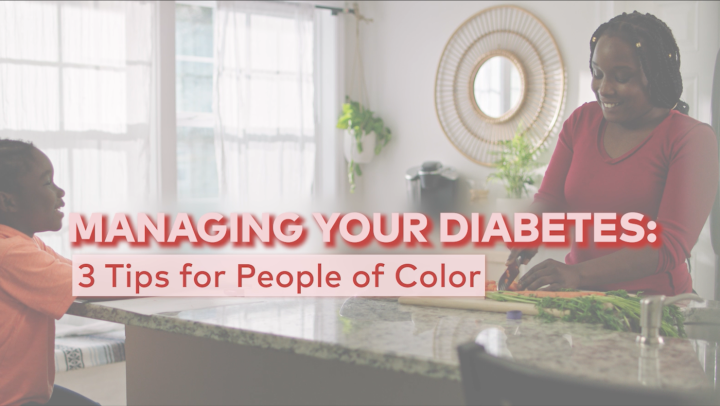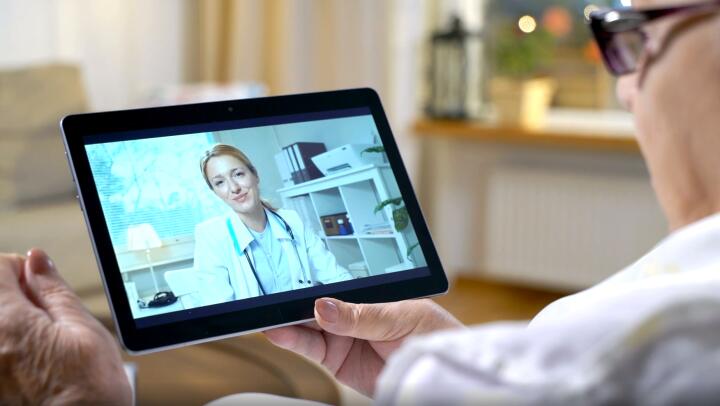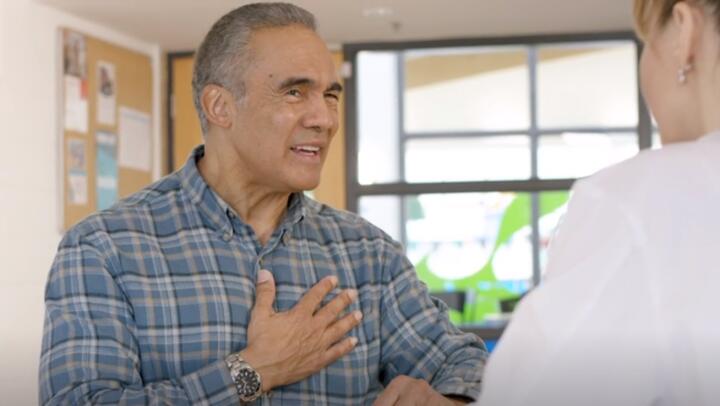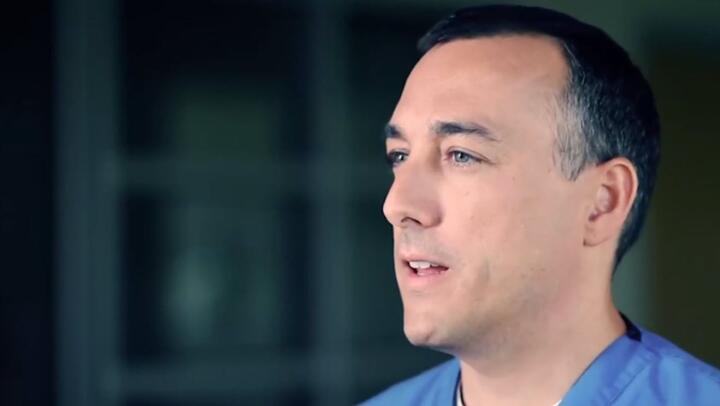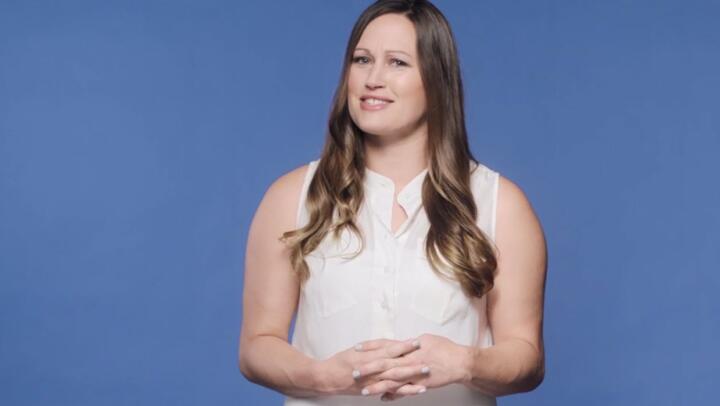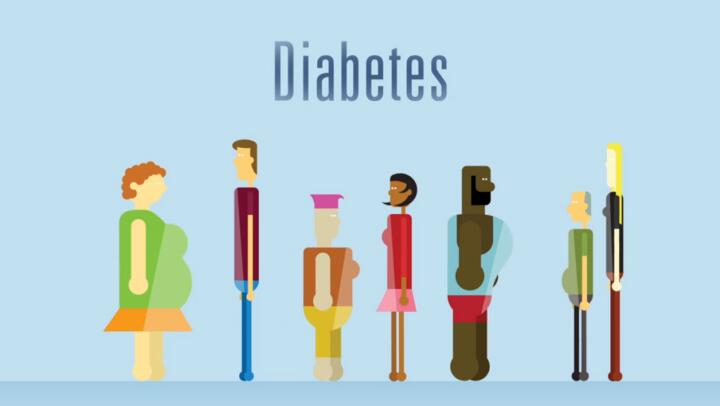
I’ve learned a lot from living with type 2 diabetes, but no lesson rings truer than this: no one knows you better than you.
No one else understands what you are experiencing as you manage life with type 2 diabetes. Your medical team will go over your numbers. Friends and family might mention they’ve noticed changes. But 99.999% of the time, you are managing your diabetes on your own. That puts you in a unique–and powerful–position.
At first it might seem overwhelming for so much of your diabetes care to rest on your shoulders. It’s on you to take your medications as prescribed, track blood glucose levels and whether your treatments are working, report any side effects, change your diet, add more physical activity into your life, manage stress levels, and on and on.
But this also puts you in the powerful position to choose to actively manage your diabetes. This can be intimidating, but it’s also empowering. Along with this choice comes the responsibility to advocate for yourself so you can build the skills and have access to the treatments and medical devices that enable you to reach your health goals.
Once you start on this path, you cannot expect everything you need to simply fall into place. There will be times when you have to ask and advocate for what you need and want. This is especially true if you choose to manage your diabetes in a way that goes beyond what’s seen as standard care or if you feel like your current family dynamic is not helpful as you make changes.
Be prepared to make your case for what you need. This might be access to more glucose test strips than is considered standard or using a continuous glucose monitor (CGM) instead of a glucometer. Or it could involve setting up rules around how people talk to you about your diabetes. Or it could be something else. Here are a few steps for being your own best health advocate.
1. Consider what’s most important to you.
Diabetes care has a lot of moving parts. Often, it’s difficult to keep track of everything that needs to be managed. Take time up front to figure out what your health goals are. You might have a goal to get your A1C below a certain number. And you might have goals that are aimed more at improving or maintaining your quality of life, like being able to participate in a sport safely, travel to see family, or continue working.
Whatever your goals are, consider them your “why” behind managing your diabetes and use them for motivation and guidance. When you get overwhelmed or face an uphill battle, turning to your “why” can help keep you motivated to actively manage your diabetes.
2. Speak up!
Let people involved in your care and your everyday life know what you are experiencing–both your triumphs and frustrations. Let them know what is and isn’t working well. Ask for help and information. This might not always be easy. You might feel uncertain about pushing back on instructions from your medical team. But it’s important to let your medical team know if you don’t feel that your medications are working or you can’t tolerate their side effects. You might not want to rock the boat with family or friends. But they need to know that when they make snarky comments about your efforts to exercise, it makes it harder for you to take care of yourself. No one will know what you need unless you tell them.
Communication is key. No one can read your mind.
3. Don’t feel like you have to know it all.
It’s okay to not know everything. No one person can know everything about something as complex as type 2 diabetes. But you can learn what you need to know in order to manage your own situation. Understand that medical standards and practices change over time. Also, your body–and how it responds to treatments and care–will change as you age. There will always be something new to learn.
Be open to new information and to trying new ways of doing things when something is no longer effective.
4. Build partnerships.
With type 2 diabetes there will be a lot on your shoulders, but you don’t have to go it alone. You can build partnerships that help you learn, understand, cope, and manage your diabetes. Consider your medical team to be your partner, not your boss. Come to appointments prepared to discuss how your diabetes management is going and the treatments, medications, and devices you need. Partner with family and friends to provide social and emotional support. Let them know what you need, whether it’s time to yourself to exercise, access to particular foods, or something else. Partner with other people living with type 2 diabetes to learn and share how to problem solve and advocate for the treatment and support needed. Joining a diabetes patient support group is a good way to get in touch with others who face the same challenges. Whether you meet online or in person, knowing you are not alone in managing life with diabetes is invaluable.
Partnering with others is a great way to learn how they cope and to lessen negative feelings. Chances are, someone else has faced the same frustrations as you and can help you work your way out of any problem.
Ultimately, it’s up to you to decide how you will live your life with diabetes. By actively advocating for yourself, you improve the likelihood of getting what you need to meet your health goals and live your best possible life.






